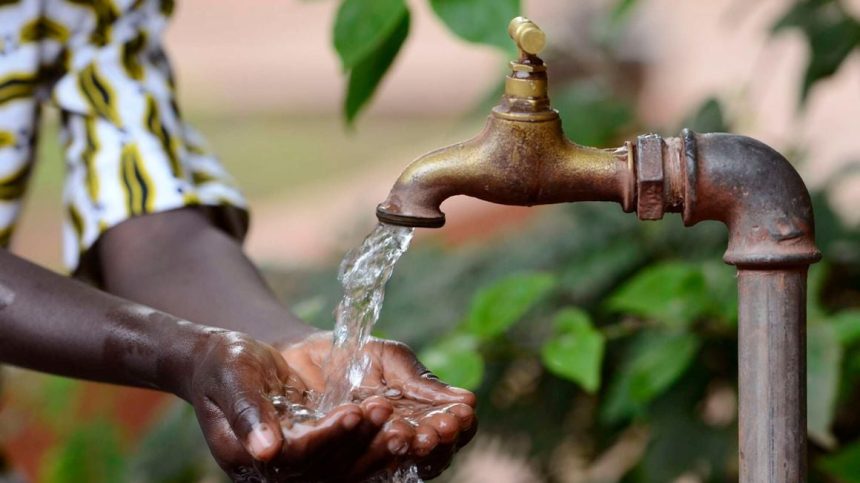Water service providers (WSPs) could soon get a green light to tap funds from the capital markets as the government widened its net in search of an estimated Sh652 billion that is required to plug a cash hole in the water sanitation sector.
The Water, Sanitation, and Irrigation Ministry said a variety of funding models, including commercial financing would be required to implement its National Water Sector Investment Plan (NAWASIP) over the next seven years to 2030.
“The financing gap for water and sanitation in Kenya cannot be filled with just Government-financing and development partner financing. The local currency is available on the Kenyan capital market and could meet the financing needs of WSPs” the ministry said in a pitch seen by Nation.
“The Kenyan capital markets have a growing investor base, with pension funds estimated to hold Sh1.5 trillion and insurance companies Sh500 billion” it added.
This marks a second attempt by the State to tap funds in the capital markets for water and sanitation programmes even as it stepped up engagements with the Capital Markets Authority on growing investor confidence in the water services sector.
The State previously sought to draw private funds through the Kenya Pooled Water Fund which was aligned with the Water Ministry’s 2018 – 2022 strategic plan. The initiative had targeted to mobilise Sh10 billion from local bond markets over the strategy period.
“While the programme did not achieve its objective of issuing a bond to fund the development of local water and sanitation infrastructure, it demonstrated that capital market investors are willing and able to invest in well-structured water sector investments”, the ministry said in a pitch.
The ministry said domestic investors including large Kenyan pension funds are interested in alternative asset classes, such as water and sanitation infrastructure but only if structured properly.
“CMF (capital markets financing) could as such play a role in financing the Kenyan water and sanitation sector. This role could increase over time, as other resources become scarcer, the sector becomes more commercial, and stakeholders become more familiar with CMF” it said.
The Water ministry said several investors had expressed concerns about several issues with WSPs including scarcity of public resources and lack of clarity on legacy debt, perceived unattractive terms and pricing, and lack of clear legal and regulatory framework among others.
In a bid to win investor confidence, the government it is developing a policy on financing for WSPs including addressing their legacy debt issues and creating tools for borrowing by the service providers on a non-sovereign recourse basis without government guarantees.
Non-recourse finance is a type of commercial loan requiring only repayment based upon proceeds generated from the project funded by the loan.
The government also plans to set up a special secretariat within the Water ministry for CMF in water and sanitation, start transaction advisory support, develop bankable transactions including sourcing blended finance options, and identify sources for blending and credit enhancement instruments.
Further, the State plans to develop a financial structure for water and sanitation projects, implement risk enhancement instruments and blended finance components, and set-up organisational or operational structure even as CMA provided support with roadshows and approvals.
“Executing this roadmap will require strong coordination of financing efforts for the sector by the GoK, primarily through the MoWSI (Water, Sanitation and Irrigation Ministry) A cabinet memo on CMF for the water and service sector would be an essential first step in this process,” the ministry said.




